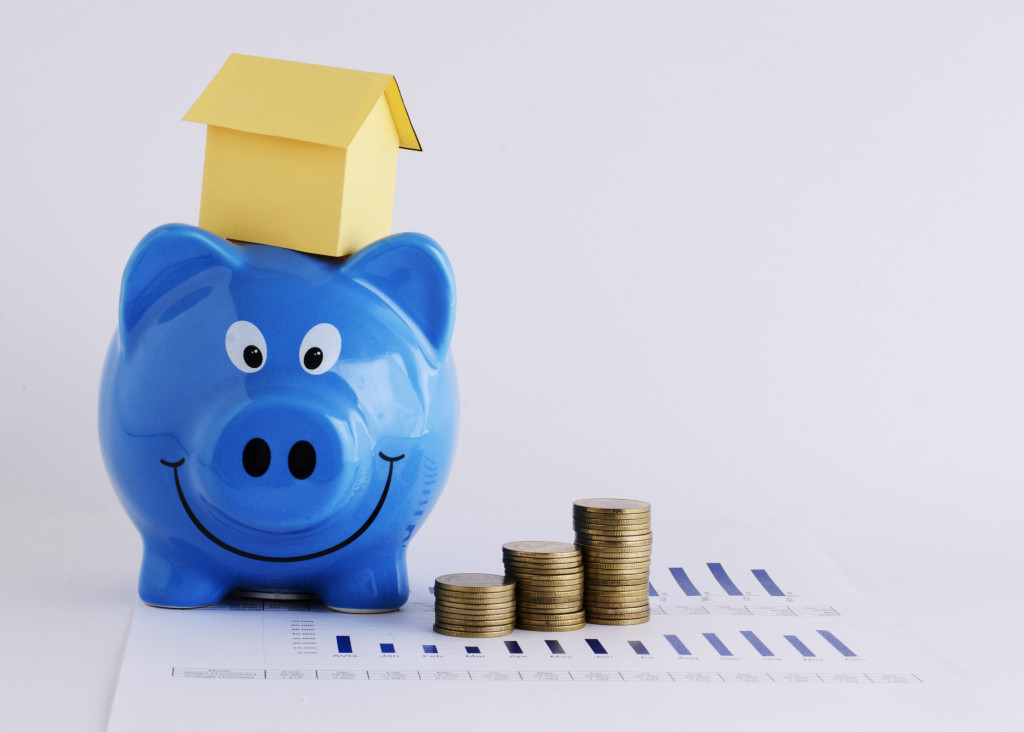Money management is a skill that more people should learn and master to survive in this economic uncertainty, although many people might not see it. But if you live paycheck to paycheck or have financial problems, it might help you consider looking at how you can manage your money better. In the long run, it will influence many essential aspects of your life, like how comfortable your situation will be as having saved some money or at least being financially stable will help you go a long way.
Money Management Guide for the New Normal
Unfortunately, financial stability is necessary for a more comfortable existence and way of life in a capitalistic society. Amid the current economic uncertainty, more people are beginning to understand the necessity of managing their money and being more financially stable. The good news is that there are many things you can try to improve your financial situation.
One more good thing about managing your finances is that it allows you to gain a better understanding of your income. This knowledge can also give you insights into your expenses, give you more income, and set aside some of them for the future. For instance, suppose you have the goal of retiring comfortably in the future. In that case, you might spend money on things like your dream vacation or the services of a senior living advisor. Having sufficient income and money in your bank account means you can start to meet these expenses.
Money management allows you to stay afloat and live without worrying about affording essentials. So, if you want to start living that kind of life while also saving for your future, here are some money management techniques you should try:
-
Buy only the things you need
Unfortunately, capitalism’s influence on everyone’s lives is far-reaching. It makes you feel fear of missing out and not fitting in the society’s standards. And as a result of this trend, you’ve been consuming and purchasing items that you don’t need to live a good life. However, once you recognize this problem, you can break free from this pattern, and you can even teach yourself to consume less.
So, the next time you’re tempted to buy something you saw from a TV ad or the magazines, ask yourself if you need those items and if saving your money is a better option. Weigh your needs and wants, which can help you decide whether this is a good idea.
-
Incorporate the 50-30-20 rule in your life
Most people have not heard of the 50-30-20 budgeting rule to help you save more money. If you’re one of them, you should know that it’s a straightforward and effective way to save money as long as you commit to it. The first thing you have to do is put 50% of your income into your necessities, including rent, internet, water, food, medications, petrol, and more. The remaining 30% can be money you can use to splurge on things you want but don’t need, like a new phone, book, and furniture. Finally, the remaining 20% should go directly to your savings.
The more you do this, the more you can see how it can be one of the most effective strategies to pay your expenses and have more savings. Then, you will not have to pass on the things you want to buy to make yourself happy.
-
Make sure that you pay your bills on time
Everyone has bills to pay, and you should always make an effort to pay them on time. Missing your due dates can cause more problems as late penalties are a headache when they build up. So, if you know that you tend to forget your due dates, setting a reminder can help a lot.
-
Stop using your credit cards
It might be challenging to give up your credit cards, especially as having one or two can have some benefits, and you also need them to make online transactions. However, those payment options might lure you into spending more money than you should. Overusing them can also result in higher interest rates, which isn’t something you will want to pay for. So, cancel them or use them only when needed before getting caught up in the credit card trap.
Strive to Save More for Your Future

You’ll understand how wonderful it is to have savings in your bank once you’ve developed the habit of managing your income and using them wisely to pay for your expenses. You must remember that you’re putting money aside for your future, so act like you want yours to be bright and financially stable.

